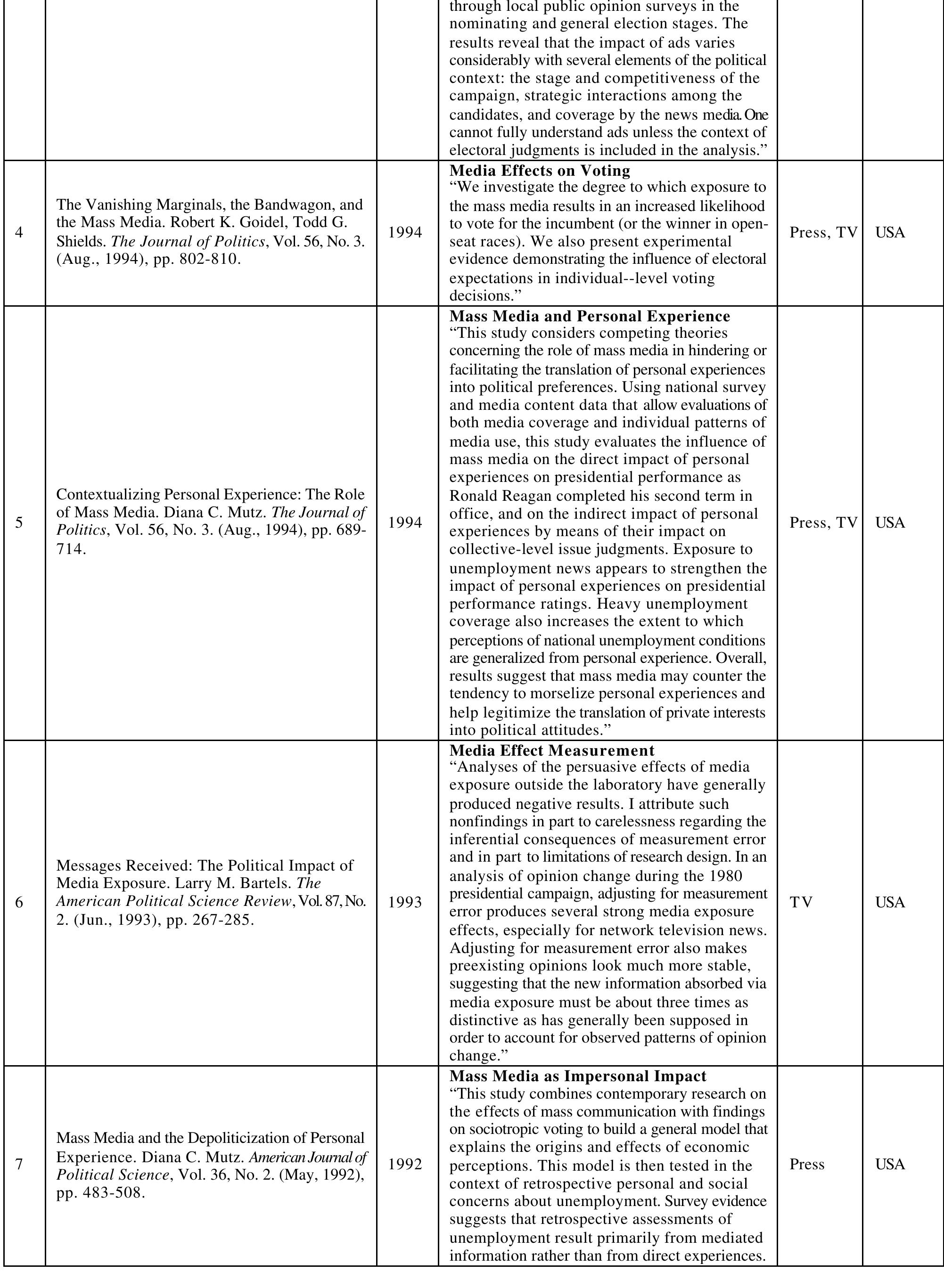Key research themes
1. How do anthropologists conceptualize the interaction between media, culture, and society beyond traditional communication media?
This theme explores the expansion of media anthropology from a focus on communicational media (such as print, radio, television, and digital platforms) to broader notions of mediation encompassing social transactions, circulation of images, discourse, and material things. It addresses theoretical and methodological shifts towards understanding media as part of larger social mediation processes and examines the intersections with anthropological concerns such as exchange, knowledge, and sociocultural practices. This matters because it broadens the analytical lens of media anthropology, enabling more comprehensive accounts of media's role in culture and society that are not limited to technological or representational media alone.
2. What roles do media consumption and audience engagement play in the production and transformation of media culture?
This theme investigates the evolving relationship between media producers and consumers, particularly under conditions of new media technologies and participatory culture. It problematizes traditional reception theories by emphasizing the active, playful, and productive role audiences now take in remixing, re-producing, and circulating audiovisual content across digital platforms. Understanding these practices is crucial because they redefine media audiences as co-creators and reshape boundaries between private/domestic and public/media spheres, impacting cultural production, identity formation, and social interaction.
3. How do media genres and symbolic narratives shape cultural identity, political discourse, and media representation?
This theme explores the interplay between media genres, symbolic mythologies, and cultural meanings, focusing on how media forms and narratives construct identities and engage political and social themes. It spans genre theory, comparative media culture analysis, and mythological interpretations of media figures and narratives. This research matters because it connects media form and content to broader cultural processes, demonstrating how media genres function as sites of ideological negotiation and how symbolic media representations contribute to collective imaginaries and identity politics.

































































